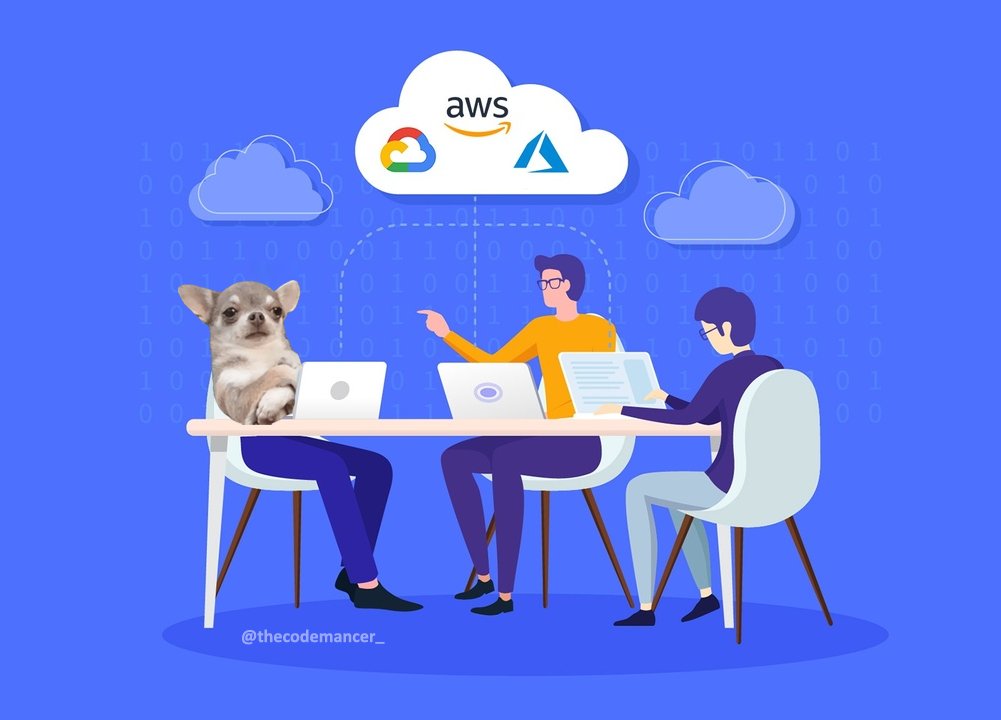
📣Data Engineering Projects for Beginners 2022
👇🧵[1/x]
#dataengineering #python #Docker #developers #aws #GoogleCloud #apacheairflow
👇🧵[1/x]
#dataengineering #python #Docker #developers #aws #GoogleCloud #apacheairflow

Tracking your Uber Rides and Uber Eats expenses through a data engineering process
Technologies and skills:
Python, Docker, Apache Airflow, AWS Redshift, Power BI, data modelling, Task schedulling, ETL and ELT processes, Data warehousing, Cloud
🧵[2/x]
github.com/Wittline/uber-…
Technologies and skills:
Python, Docker, Apache Airflow, AWS Redshift, Power BI, data modelling, Task schedulling, ETL and ELT processes, Data warehousing, Cloud
🧵[2/x]
github.com/Wittline/uber-…
Scheduling Big Data Workloads and Data Pipelines in the Cloud with pyDag
Technologies and skills:
Python, Docker, Big Data, Cloud, Google Cloud, Redis, DAG, Parallel Processing, Apache Spark
🧵[3/x]
github.com/Wittline/pyDag
Technologies and skills:
Python, Docker, Big Data, Cloud, Google Cloud, Redis, DAG, Parallel Processing, Apache Spark
🧵[3/x]
github.com/Wittline/pyDag
Building Big Data Pipelines in the Cloud with AWS EMR
Technologies and skills:
Python, PySpark, AWS EMR, Task Schedulling, IAC, EC2 Instances, Apache Spark, Cloud
🧵[4/x]
github.com/Wittline/pyspa…
Technologies and skills:
Python, PySpark, AWS EMR, Task Schedulling, IAC, EC2 Instances, Apache Spark, Cloud
🧵[4/x]
github.com/Wittline/pyspa…
Building a Lossless Data Compression and Data Decompression Pipeline
Technologies and skills:
Python, Data compression, BZIP2, Parallel programming
🧵[5/x]
github.com/Wittline/wbz
Technologies and skills:
Python, Data compression, BZIP2, Parallel programming
🧵[5/x]
github.com/Wittline/wbz
Learn how to dockerize an Apache Spark Standalone Cluster
Technologies and skills:
Python, Jupyter Notebook, Apache Spark, Docker, docker-compose, Hive
🧵[6/x]
github.com/Wittline/apach…
Technologies and skills:
Python, Jupyter Notebook, Apache Spark, Docker, docker-compose, Hive
🧵[6/x]
github.com/Wittline/apach…
Dockerizing and Consuming an Apache Livy environment
Technologies and skills:
Python, Big Data, Docker, docker-compose, Apache Livy, Apache Spark, PostgreSQL, PySpark, Jupyter Notebook
🧵[7/x]
github.com/Wittline/docke…
Technologies and skills:
Python, Big Data, Docker, docker-compose, Apache Livy, Apache Spark, PostgreSQL, PySpark, Jupyter Notebook
🧵[7/x]
github.com/Wittline/docke…
Design, Development and Deployment of a simple Data Pipeline
Technologies and skills:
Python, data Modelling, Docker, docker-compose, PostgreSQL, data pipeline, FastApi
🧵[8/x]
github.com/Wittline/data-…
Technologies and skills:
Python, data Modelling, Docker, docker-compose, PostgreSQL, data pipeline, FastApi
🧵[8/x]
github.com/Wittline/data-…
Dockerizing a Python Script for Faster Web Scraping
Technologies and skills:
Python, Docker, Sqlite, Dockerfile, Web scraping, Data pipeline, FastApi
🧵[9/x]
github.com/Wittline/data-…
Technologies and skills:
Python, Docker, Sqlite, Dockerfile, Web scraping, Data pipeline, FastApi
🧵[9/x]
github.com/Wittline/data-…
Understanding Similarity Measures for Text Analysis
Technologies and skills:
Python, Machine Learning, Similarity measures, Distance metrics, Text Analysis
🧵[10/x]
github.com/Wittline/dista…
Technologies and skills:
Python, Machine Learning, Similarity measures, Distance metrics, Text Analysis
🧵[10/x]
github.com/Wittline/dista…
Learn how to build a content-based Movie Recommender System
Technologies and skills:
Python, Machine Learning, TF-IDF, Cosine similarity, BM25, BERT, NLP, word2vec, Text Analysis, recsys
🧵[11/x]
github.com/Wittline/recom…
Technologies and skills:
Python, Machine Learning, TF-IDF, Cosine similarity, BM25, BERT, NLP, word2vec, Text Analysis, recsys
🧵[11/x]
github.com/Wittline/recom…
A Text Analysis of Speeches
Technologies and skills:
Python, Machine Learning, NLP, word2vec, Text Analysis, Sentiment Analysis, PCA, t-SNE, Word Embeddings, Text Preprocessing, Web scraping, Data Visualization
🧵[12/x]
github.com/Wittline/text-…
Technologies and skills:
Python, Machine Learning, NLP, word2vec, Text Analysis, Sentiment Analysis, PCA, t-SNE, Word Embeddings, Text Preprocessing, Web scraping, Data Visualization
🧵[12/x]
github.com/Wittline/text-…
Dropout Students Prediction
Technologies and skills:
R, Genetic algorithm, Neural Networks, K-Means, Clustering, Machine Learning
🧵[13/x]
github.com/Wittline/Dropo…
Technologies and skills:
R, Genetic algorithm, Neural Networks, K-Means, Clustering, Machine Learning
🧵[13/x]
github.com/Wittline/Dropo…
I tweet about all things data related. Follow me for more content.
@thecodemancer_
🧵[15/x]
linkedin.com/in/davidregala…
@thecodemancer_
🧵[15/x]
linkedin.com/in/davidregala…
• • •
Missing some Tweet in this thread? You can try to
force a refresh









